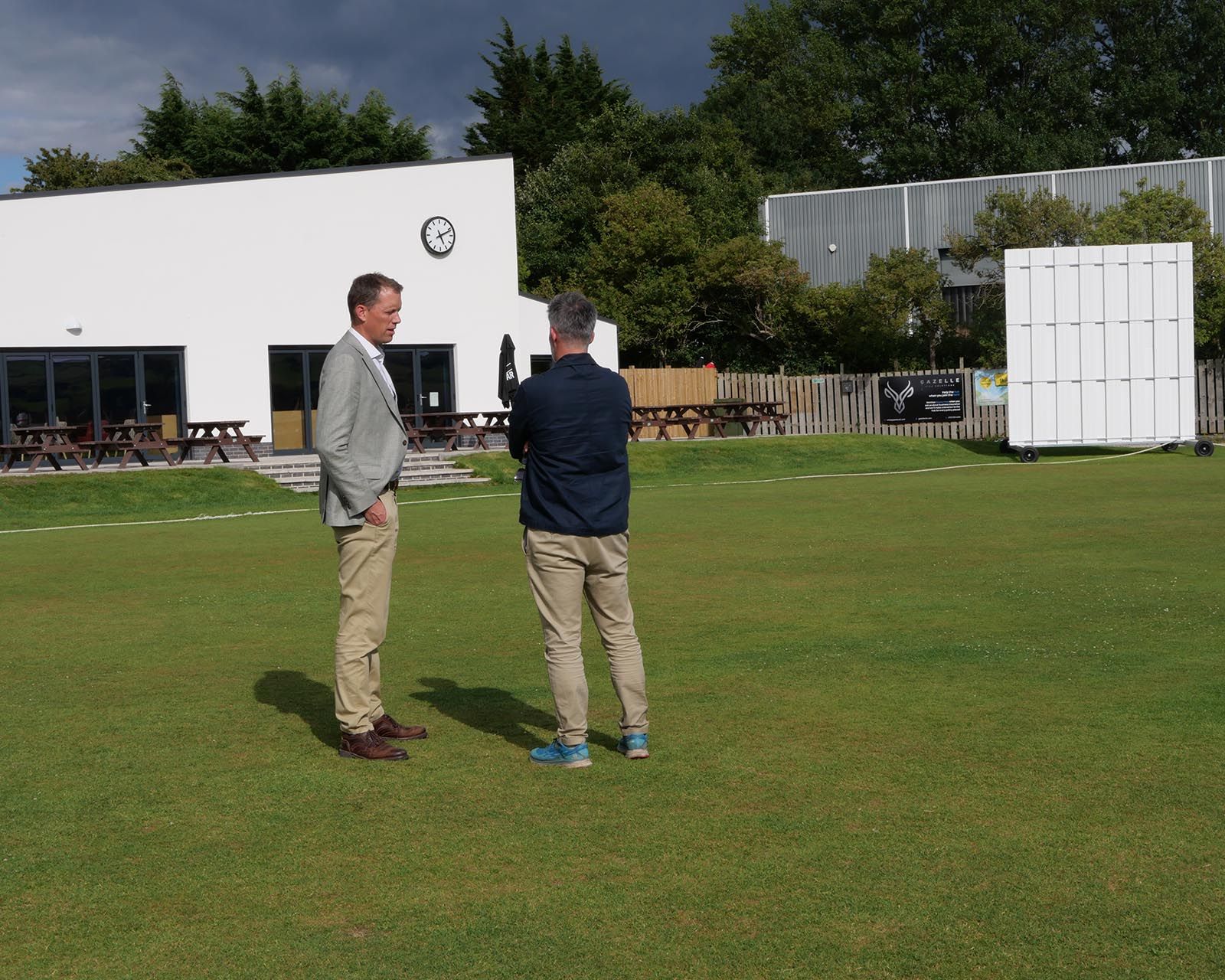A flash in the pan, or a can’t fail opportunity
By Rich Mills | 22.10.25
Everyone’s talking about padel tennis – and for good reason. It is one of the fastest-growing sports in the UK.
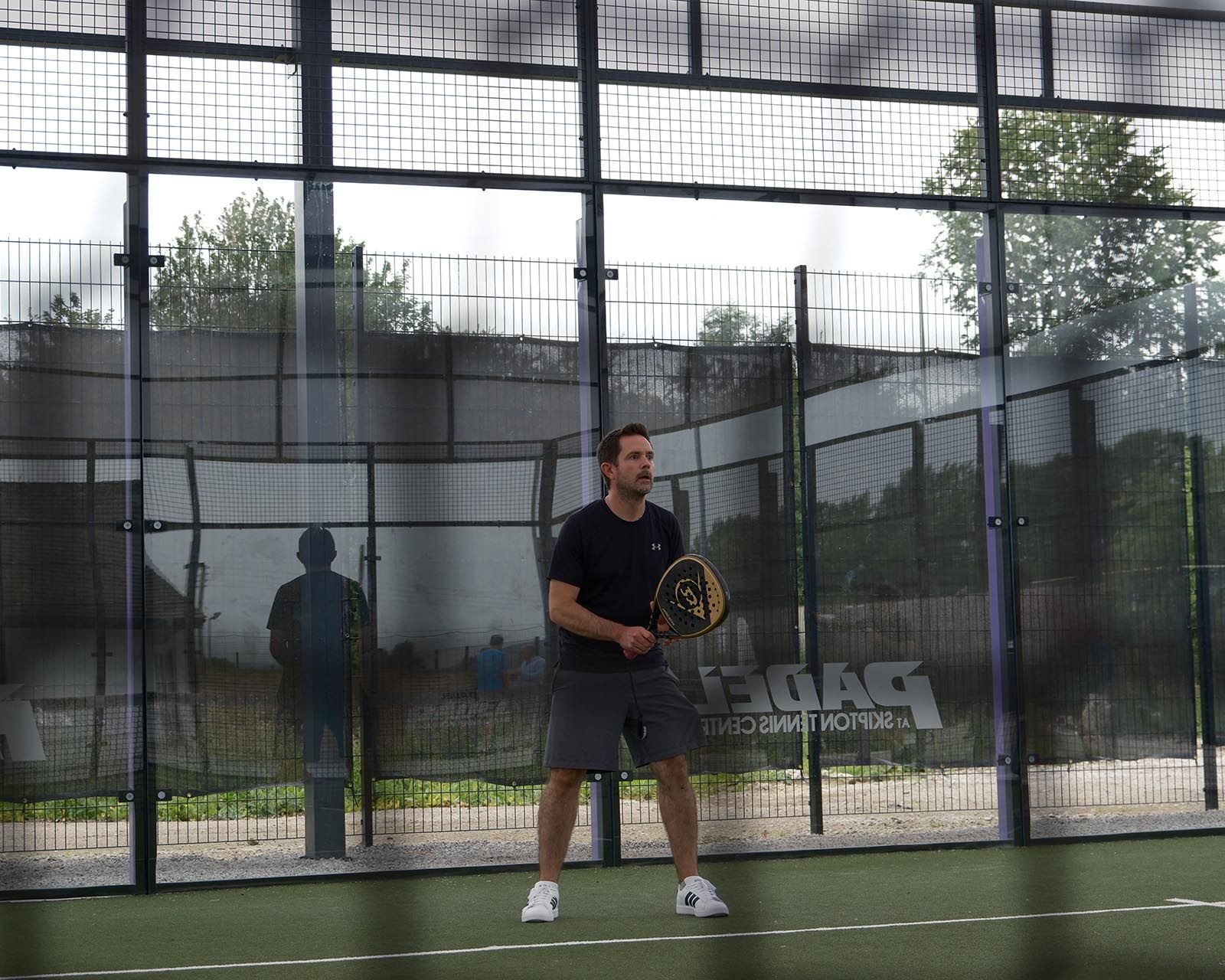
In the last five years, participation has grown from 15,000 players in the UK to more than 400,000 in 2025 – and there are 1,000 courts now operating nationwide. But despite this growth, demand is still outstripping supply – especially in rural areas.
If you’re a private or commercial landowner, padel could offer a high-potential opportunity. Whether you're thinking about adding a private court to your garden or exploring a commercial leisure project to diversify your income, this type of development brings a range of potential benefits. However, as with any rural enterprise, success depends on doing the right thing, in the right place, and targeting the right market.
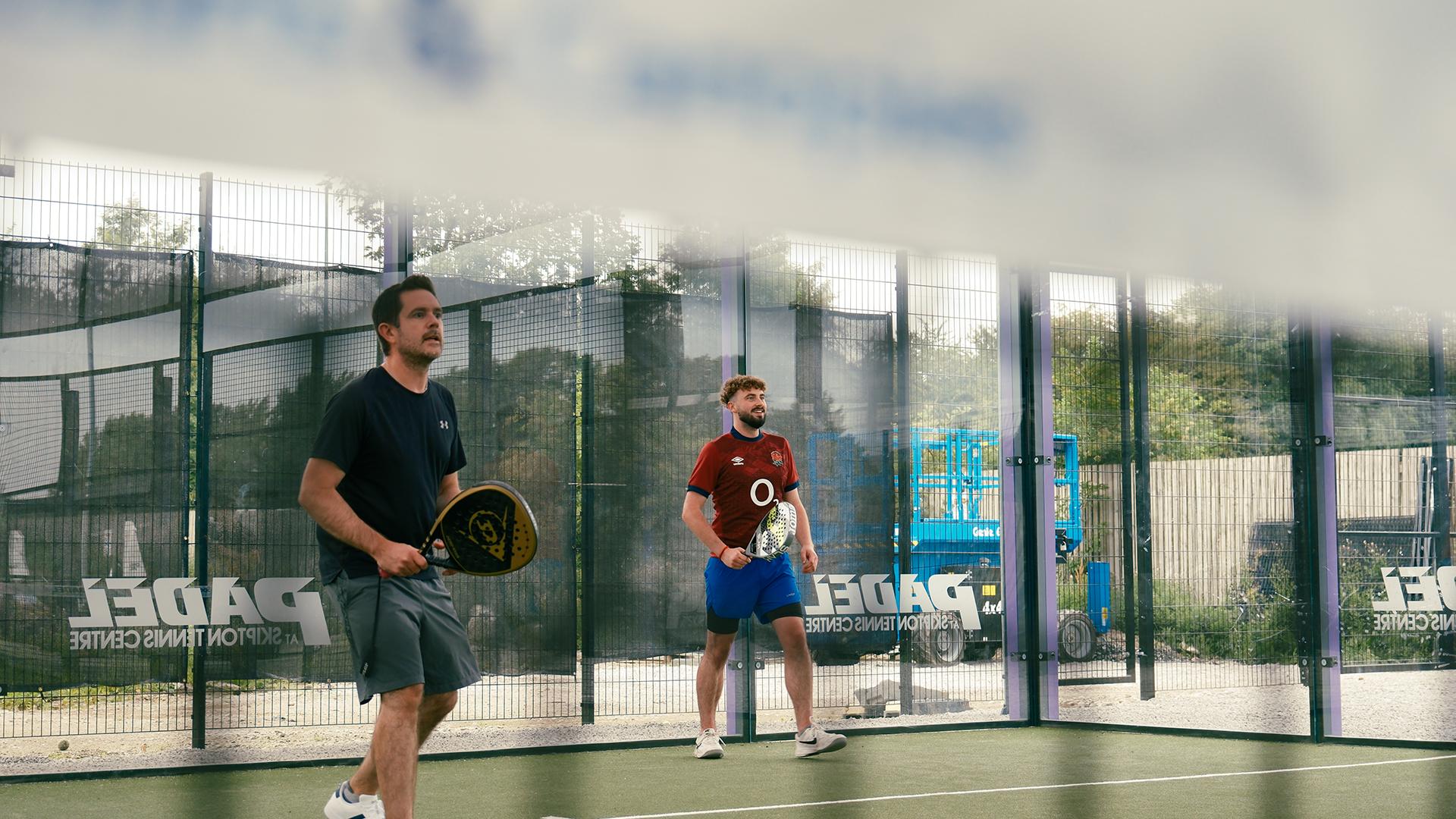
Due diligence – is it right for your site?
Before committing to a padel court development, it’s vital to understand what’s possible. A padel court may seem simple, it’s 20m x 10m in size - smaller than a tennis court - but planning requirements, building constraints, and local sensitivities all matter.
Things to consider include planning permission – what is the right planning strategy for your site? Development in rural locations can raise issues such as noise, lighting, or traffic, all of which need to be considered and addressed through a detailed planning application. Space is also something to think about - is there enough court clearance, especially for indoor courts, is there room for parking and ancillary facilities, and space to future-proof if you want to expand?
Temporary or modular installations are an option to test the market before investing in permanent infrastructure for commercial developments.
Opportunity assessment – does the market stack up?
For commercial developments, the appeal for padel is broad. It’s social, inclusive, and suitable for all ages and abilities. Players often travel 30–40 minutes to play regularly, which opens a wide catchment area for rural locations. That said, success depends on understanding your local market.
Key considerations include: who are your potential players? Is there an existing local provision, and is it oversubscribed? Would padel complement existing leisure, hospitality or retail operations, or can it generate sufficient demand in its own right?
The best venues aren’t just about gameplay; they’re about community and experience. Think about what coaching programmes could be available to help generate continued profitable income, club nights, on-site cafés, and spaces to socialise. The ‘competitive socialising’ factor is driving repeat visits and secondary spend for padel tennis clubs.
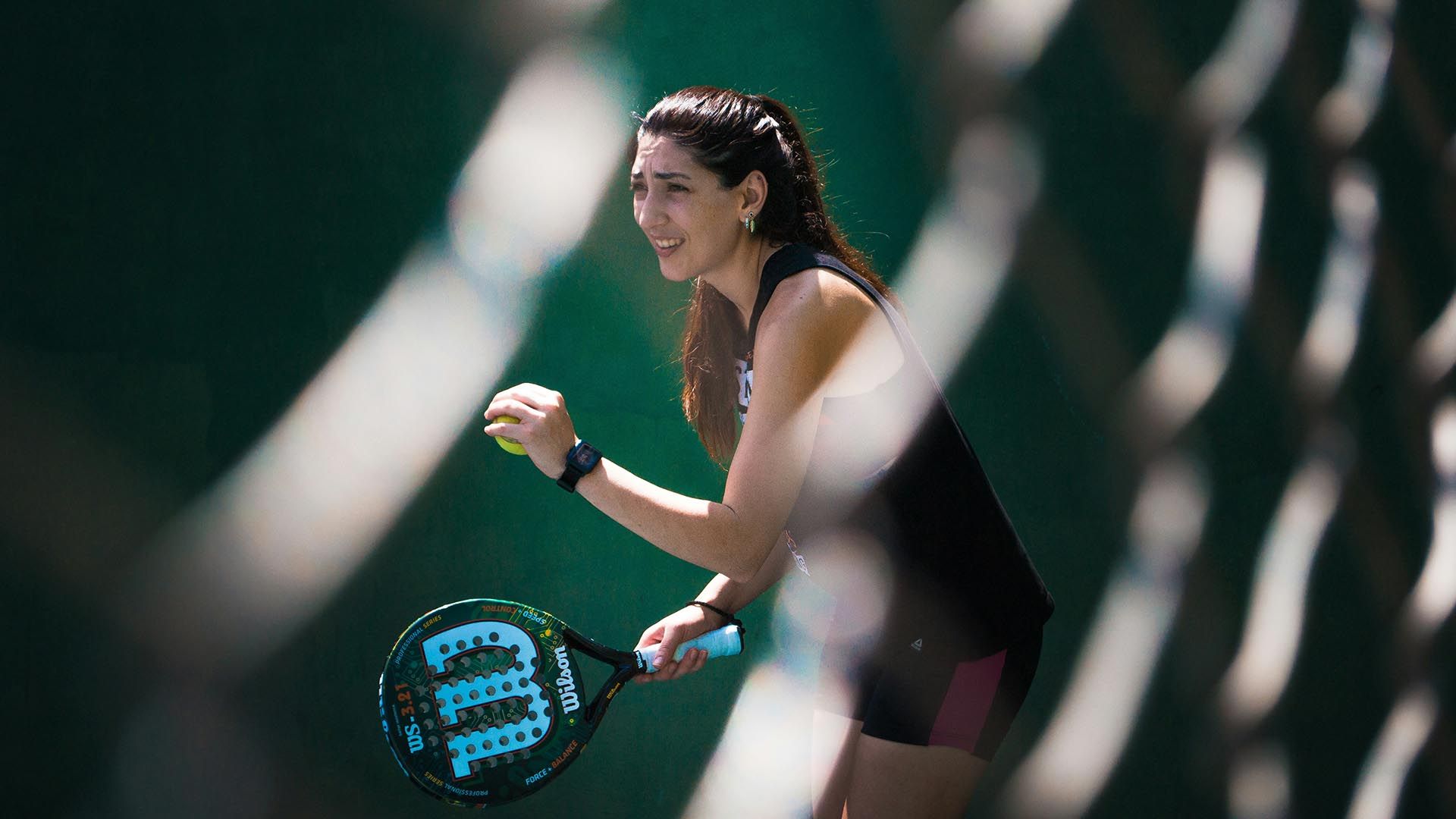
Designing for longevity
Whether it’s a private court or a multi-court commercial venue, the quality of design is critical. As supply increases and the game starts to professionalise, player expectations will rise. Positioning, wind exposure, orientation to sunlight, and height all impact gameplay.
Design also affects the user experience as good lighting, shelter, and seating areas encourage people to stay longer. Decide on whether canopies or indoor structures are going to work for your development, to maximise use year-round.
Futureproofing in this type of development means making sure you leave space for additional courts or complementary facilities, for example, fitness studios or event space. The best padel venues are built to stand the test of time, offering not just a game, but a place people want to return to.
Private or commercial – padel works both ways
We’re increasingly helping clients from both ends of the padel ‘growth’ spectrum. For private estate owners who want to add a court for personal use, to commercial operators and land owners that are developing full venues as part of estate diversification, or leisure and hospitality business growth.
In both cases, getting the approach right in the early stages is crucial. The team at Rural Solutions bring a three-lens approach.
- Client goals - what do you want to achieve?
- Site suitability - what’s possible where you are?
- Market insight - will it deliver the financial outcome you want?
We provide full due diligence, design and planning expertise, with insight from working across multiple padel projects – both private and commercial.
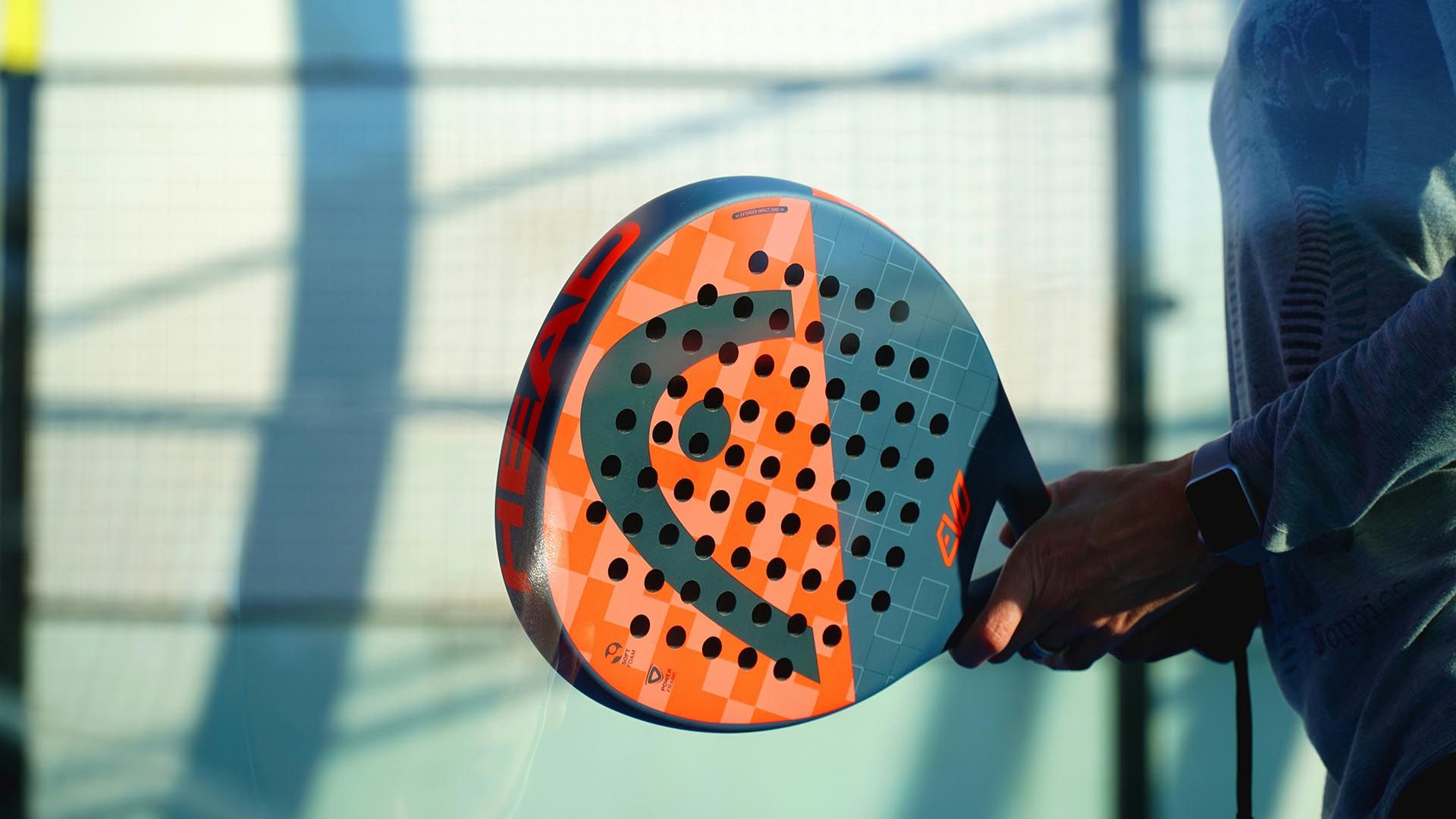
Case Study: Wetherby Padel Tennis, Grange Park
Rural Solutions supported Wetherby Padel Tennis with planning and design services for a six-court development in two phases. Four courts opened in 2023, with two more in progress.
Following our successful approach, we’ve since been appointed for another project in North Leeds, with our work cited by planners as an example of best practice in rural leisure development, as well as by several rural estates looking at entering the padel tennis market to test and develop concepts.
Exploring opportunities
Rural Solutions can work with you to assess, design, and deliver padel projects with confidence. Contact us today to discuss your vision and find out if padel is the right fit for your land or estate.
We are using cookies to give you the best experience on our website. You can find out more about which cookies we are using on our cookie policy.
